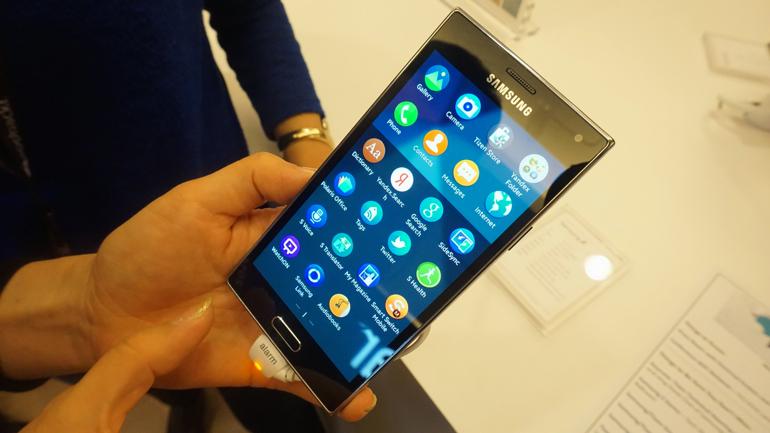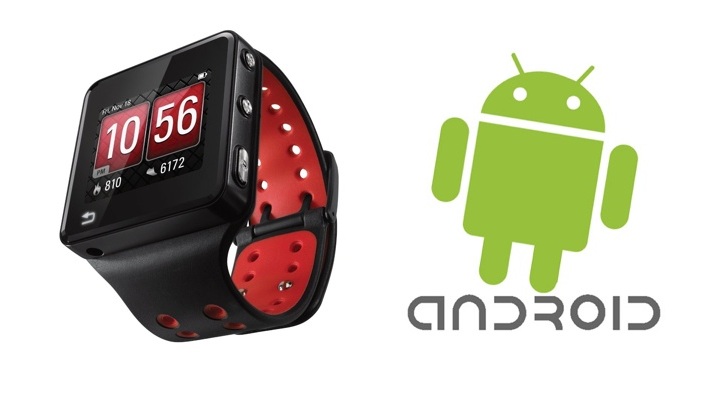
The first smartphone running on Samsung Electronics Co Ltd’s own operating system Tizen saw a frosty reception after it was launched in India. Consumers and reviewers criticized the dearth of software applications and the low-resolution cameras. The latest handset of the South Korean giant doesn’t stand out much not because of lack of specifications, but because of what’s actually under the hood; the Tizen operating system that the company has developed to rival the Android operating system of Google Inc. The smartphone giant is hoping that the new device will catch on in the third largest smartphone market of the world.
If this does happen, the company would benefit from a boost in its waning share in the global market. Furthermore, its operating system would also be able to gain traction in India and would become a foothold for those purchasing a smartphone for the very first time. However, after the launch of the Z1 on January 14th, it can be assumed through the reaction of consumers and analysts that the phone will struggle to get any traction because the field is very crowded. There are about 280 brands that are offering smartphones in India, headed by Samsung Electronics and followed closely by Micromax and Informatics Ltd.
The launch of the Tizen-based smartphone had been delayed by Samsung a couple of times and when it finally did, the phone turned out to be under-powered. Some people said that the phone seemed like something from 2010 as it had a 3.15 megapixel back camera and the front camera had 300,000 pixels. They said that you could get an idea of what’s missing from Samsung’s Z1 when you compared it to the any one of the phones from the Android One range. Analysts said that even though the $92 price tag of Z1 is lower than that of the most of the well-known Android smartphones, the phone still faces tough competition in the low-end market.
Consumers aren’t in the hunt for the cheapest smartphone; they are hunting for best specifications at the lowest price. There are a range of devices powered by Android that can be bought by Indian customers. In answer to the criticism, Samsung said that there were ‘exclusive benefits’ associated with the device in the form of long battery life, simple interface and faster speeds of page-loading, all courtesy of Tizen. However, power is not the only problem associated with Tizen.
Analysts have said a Tizen-powered phone cannot gain traction because Samsung wasn’t able to excite software developers enough to get them to customize applications and games for it. The South Korean giant has said that there will be 1000 applications in the Tizen store for now, which includes that of Facebook. Even then, it is only a small fraction of what people can enjoy at Google’s Play Store. Samsung said that app developers would start working with the new platform as it is expanding the operating system from televisions and watches to smartphones. It also announced that as a celebration of Z1’s launch, developers would get 100% revenue from the sales of apps.











![Watch Video Now on xiaohongshu.com [以色列Elevatione perfectio X美容仪 perfectio X 全新仪器黑科技了解下]](https://www.techburgeon.com/wp-content/uploads/2019/07/perfectiox-singapore-150x150.jpg)
